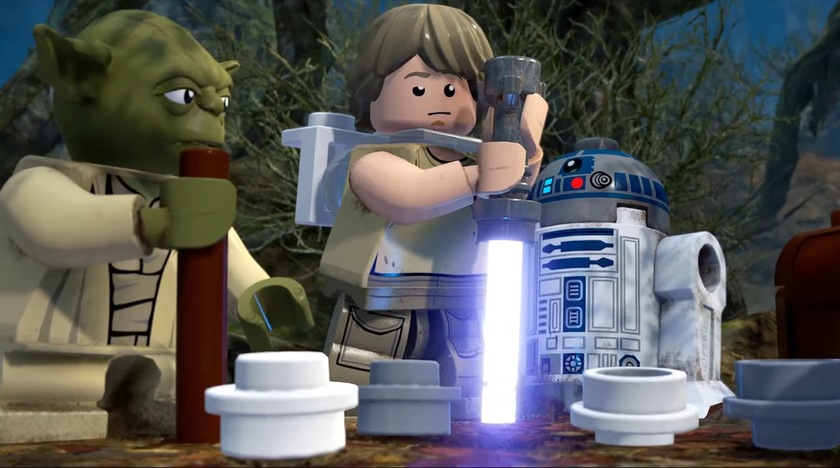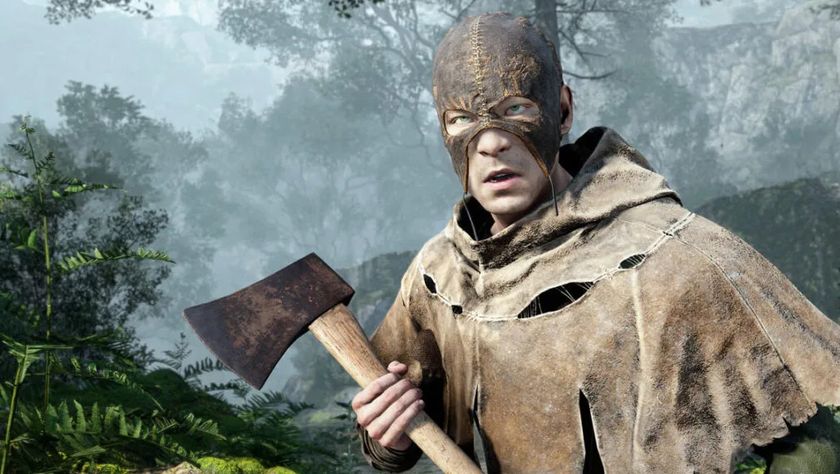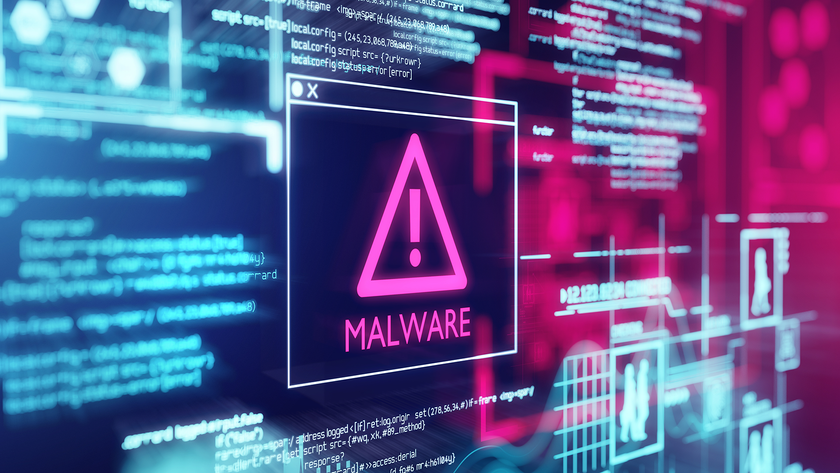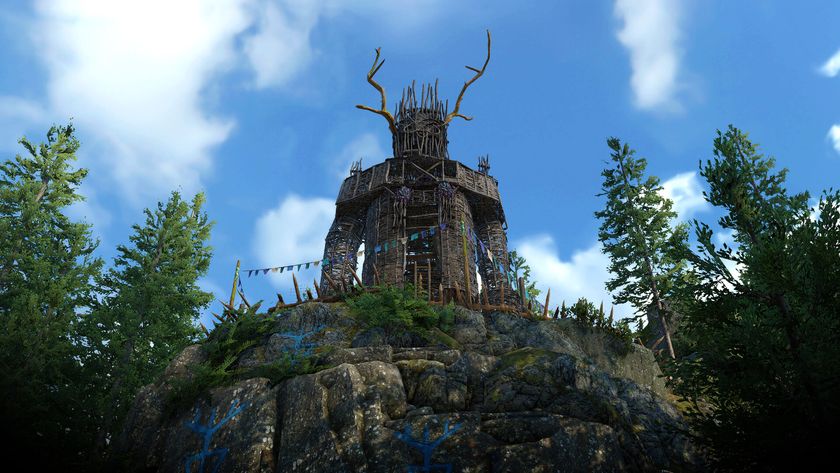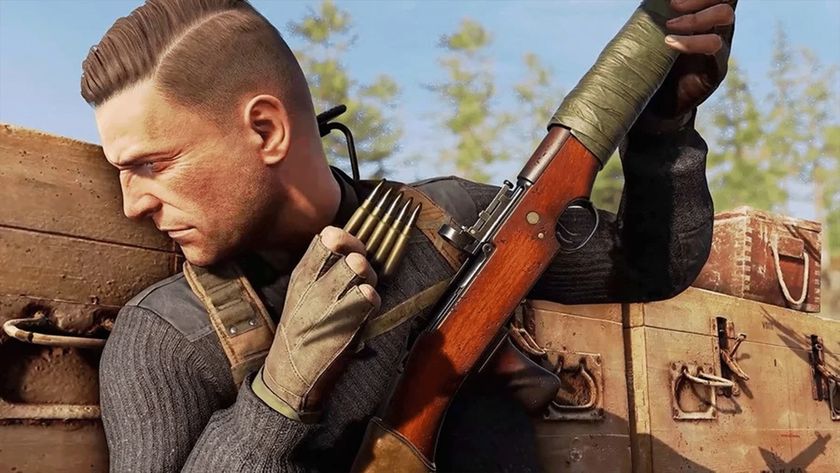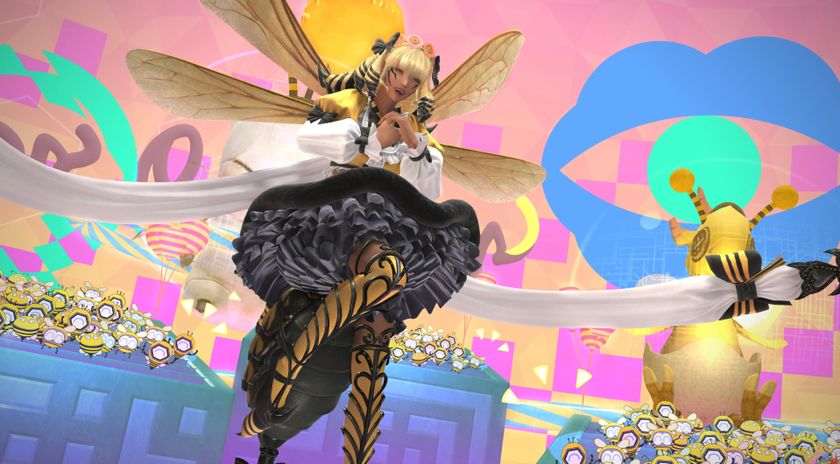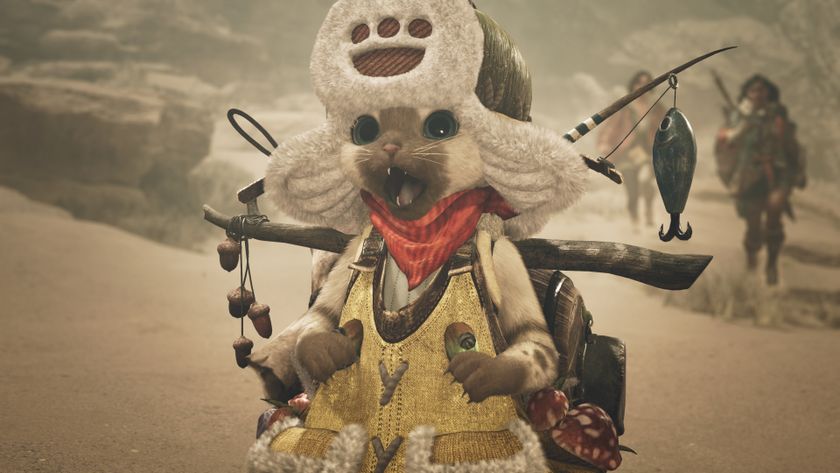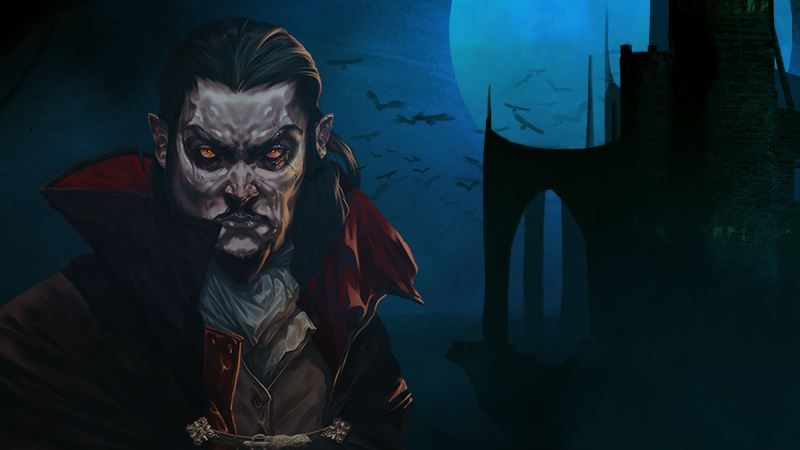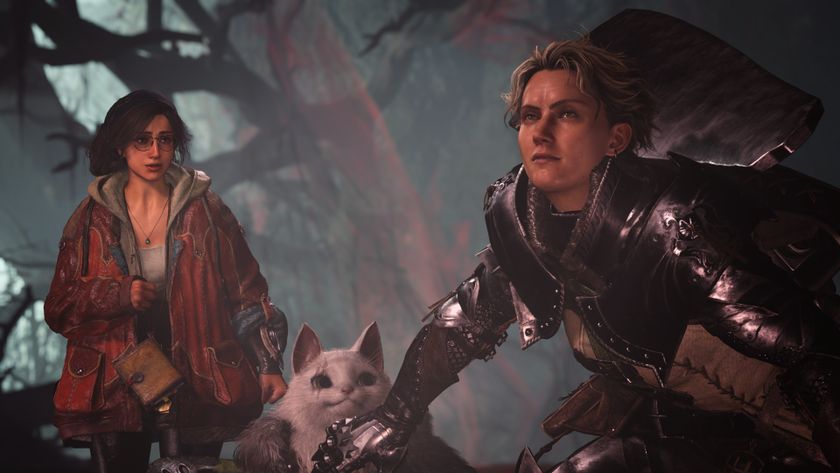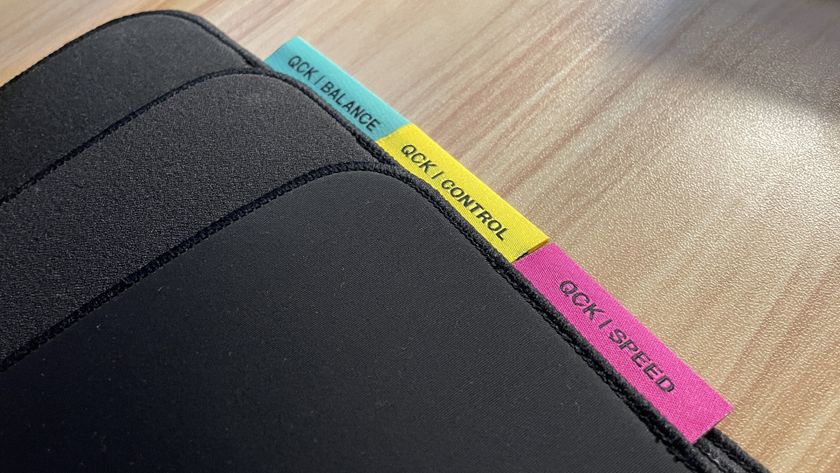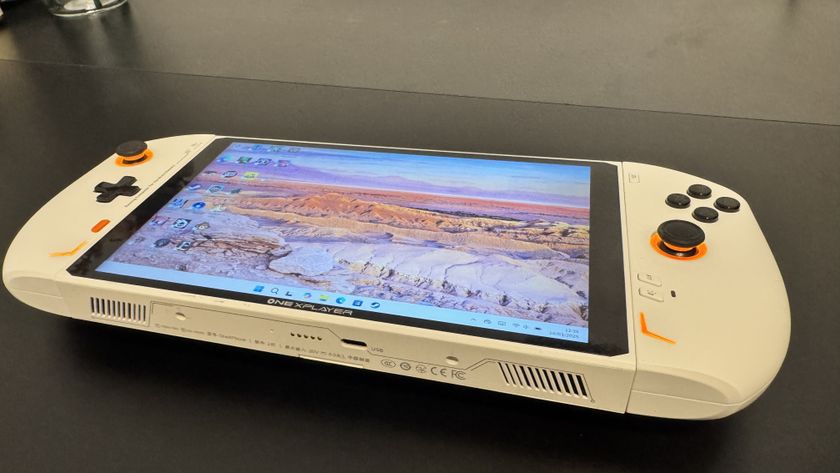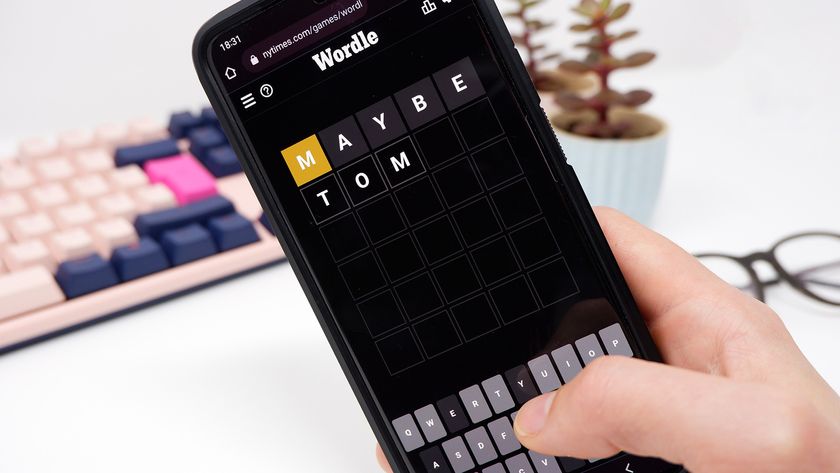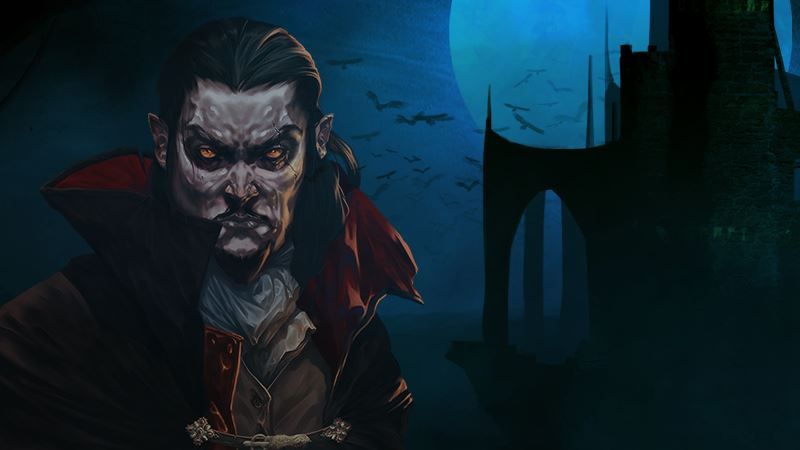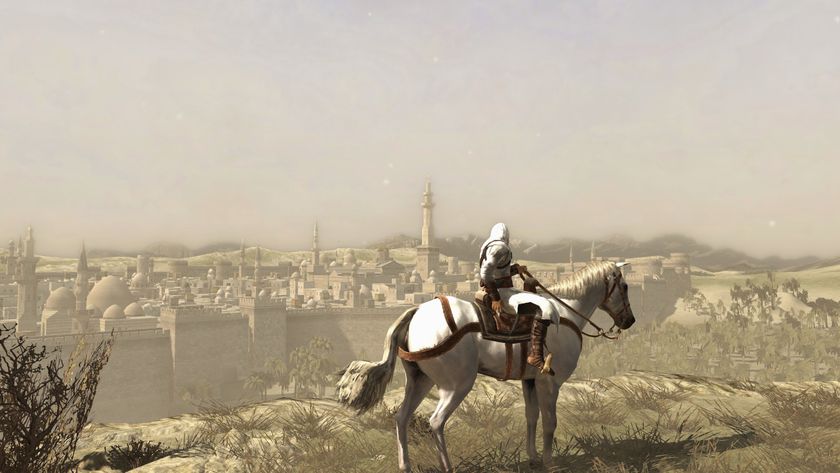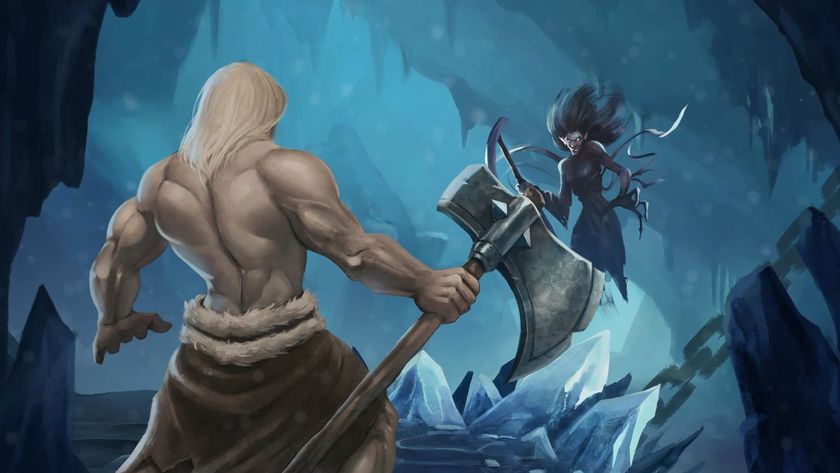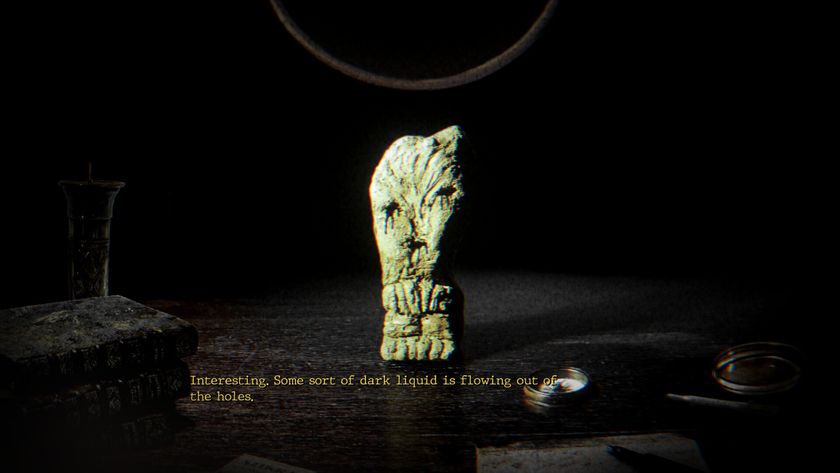The state of PC piracy in 2016
A comprehensive look at who's pirating, how, and why, and what it means for PC gaming.

Piracy seems like it should be so simple, right? Stealing games is wrong. The end. But piracy is one of the most charged, complex, and divisive debates in gaming. Follow a piracy discussion long enough and it will spiral through issues as complicated as international economic policy, the concept of 'ownership' for digital property, game preservation, and the principle of the PC as an unrestricted technology platform.
Piracy in 2016, the age of digital distribution, indie gaming, and Steam’s dominance, is a different animal from the PC piracy of 1990 or 2000 or 2010. Unlicensed software distribution is just as illegal as it was when Don’t Copy That Floppy was a meaningful anti-piracy strategy, but our own understanding of the crime and its motivations haven’t kept pace with technology.
To get the pulse of modern piracy in PC gaming today, we spoke to pirates, developers, and publishers. We also spoke to the executive behind the newest digital rights management software (DRM) Denuvo, which has effectively paused global piracy for any game that uses it.
Crime rates
One of the reasons piracy is a difficult subject is that it’s nearly impossible to know how big a problem it really is. Like any black market, official numbers don’t exist. There’s no central entity to compile a comprehensive list of every illegal download. Unlike other black markets, though, there are also no physical goods or industrial production trails to provide a baseline for rough estimates.
Some developers and analysts have thrown surprising figures into that information vacuum. Most famously, in 2012, Ubisoft CEO Yves Guillemot made waves by claiming that 93% of PC players are pirates who don’t pay for games: “On PC it's only around five to seven percent of the players who pay for [free-to-play], but normally on PC it's only about five to seven percent who pay anyway, the rest is pirated.” According to Guillemot, high piracy rates forced Ubisoft to develop free-to-play games, which are easier to make and harder to pirate.
"At the time, our internal and external research showed that it reached [93-95%] for some popular PC titles,” Chris Early, VP of Digital Publishing at Ubisoft, told me when I asked him how Ubisoft felt about Guillemot’s piracy estimate four years later. Other developers have backed up Ubisoft’s numbers here: a post from the creators of Game Dev Tycoon back in 2013 also showed that, after one day on sale, 93.6% of players had pirated the game.
Though even in context Guillemot’s full quote doesn’t draw distinctions between popular games and PC gamers as a whole, Early insists that “we were not saying those were all lost sales or that the same situation applied for all PC games or in all countries.”
The biggest gaming news, reviews and hardware deals
Keep up to date with the most important stories and the best deals, as picked by the PC Gamer team.
Running opposite to Ubisoft’s approach to DRM, which includes the Uplay launcher and various server-verification programs, Witcher developer CD Projekt RED has become a champion for what Marcin Iwiński, co-founder and joint CEO, calls the “carrot, not stick” approach.
“As long as there are any barriers, annoyances, performance slow downs, or any other kind of inconvenience for the end user, we will always choose the DRM-free approach,” Iwiński says. “We want gamers to buy our games because they want to and not because they don’t have the technical possibility to pirate them. For us, it’s always about doing more, giving additional value, and convincing gamers to buy our titles that way.”
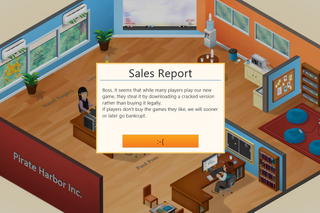
As far as numbers go, Iwiński confirms that exact numbers are impossible. While over 20 million units of the Witcher series have been sold, Iwiński says that a “super rough crystal-ball-gazing estimation” of three to four times as many pirated copies have been downloaded. “However, I think that the numbers don’t tell the story as well as the positive feedback does,” Iwiński says. “Nothing makes me happier than seeing gamers commenting that they used to have a pirated copy ... but—as we treat them fair and work hard to give them the best value with free DLCs, great expansions, etc—they decided to buy a legal copy.”
While we can’t say for certain how many games played on PCs overall are pirated, it’s definitely not 93%. After Guillemot’s comments in 2012, Matt Ployhar, an employee at Intel, published a massive post number-crunching piracy rates, global sales, and the best available data. By taking the five most popular games on torrent sites and comparing them across platforms, Ployhar guessed that 17.6 million units, together making up 14.6% of the global PC games market, were illegal downloads.
Ployhar also looked at Steam’s hardware survey data, which, at the time, included a list of commonly installed applications. In this voluntary survey of the most active and dedicated Steam users, torrent clients are represented in 30-35% of PCs surveyed. Assuming that everyone with a torrent client installed used it to pirate games, which is surely inaccurate, this survey provides Ployhar’s guess for a number in the top range: 15-35% of PC gamers steal games.
According to marketing research company Tru Optik, though, 15-35% is still much lower than reality. By tracking torrent downloads for several years, Tru Optik is trying to build a picture of the media most popular and in demand with younger audiences. According to their report for 2014, a staggering 2.4 billion games were downloaded that year. This volume of downloads is 136 times higher than Ployhar’s most aggressive guess.
According to Tru Optik's report for 2014, a staggering 2.4 billion games were downloaded that year.
Tru Optik’s sample report doesn’t make a distinction between PC games and other types of games, but it’s certain to be the lion’s share. By viewing the top 100 most popular games on Pirate Bay right now, I found that 94.6% of all game piracy activity was for PC games. Assuming those rates are representative, almost all of 2014’s 2.4 billion illegal downloads were for PC games.
That said, it could also be true that Ployhar’s Steam survey estimate was also true: perhaps 30-35% of all PC gamers pirate games, but the volume of games they pirate is astronomically higher than expected.
Since 2012, the global PC game market has grown from $18.6 billion in revenue to $30 billion in revenue. DRM solutions have grown more aggressive and resistant to circumvention, and free-to-play games have become popular. Law enforcement efforts to stop organized software piracy have become more aggressive, with popular sites like Kick Ass Torrents and Torrentz shutting down within the past month. Regardless of what it was in 2012 and what it may be now, if this trend continues, piracy rates will necessarily decline.
“I think soon the whole discussion about DRM will be irrelevant anyway,” CD Projekt CEO Marcin Iwiński told me at the end of our interview. “Even today, the importance of DRM is way smaller than it was a few years ago. Games are rich in online functionalities, which—if done well—add great value to the experience and pirating becomes irrelevant. Quite often [piracy] just makes no sense, as you miss out on the core social/community part of the experience.”
Follow the motive
Now we have a ballpark figure of how many PC gamers pirate their games, who are these players, and why are they motivated to steal?
Reddit’s game-cracking community, r/CrackStatus, is an active hub of pirates. Nearly 15,000 readers check in to learn when, or if, or how a new game will be cracked. At the center of this operation, I find someone I wasn’t expecting: a recent IT graduate in Bulgaria. Working under the name Overkill, this gamer made it clear that piracy is about simple economics.
“Games here cost too much, considering the minimum wage is low too. I think that's why most people pirate games—they lack money,” Overkill told me. “Considering the crap ports [we had] in the last year, I don't want to spend a ton of money on a game that's bad or has a bad port.”
Overkill isn’t exaggerating when he says “a ton of money.” Digital distribution through sites such as GOG and Steam has created an incredible opportunity for growth in the global game market, but it’s also exposed bleak differences in how technology, games, and leisure prices impact different people all over the world. We’ve written before about how game prices can differ around the world and are unfairly high in some regions. Smaller economies and areas that have experienced war or unrest get hit hard in this exchange.
In Bulgaria, a new game frequently costs almost a third of a minimum wage earner’s monthly income.
In Bulgaria, the national minimum wage is around лв340 Leva per month. An exciting new game on release day frequently costs лв120 Leva, or almost a third of a minimum wage earner’s monthly income. For readers in the US, imagine if every major release cost just south of $400.“The thing is, they think $50 and €50 is the same for every country, but it's not, because the wages and economy are different,” Overkill says. Other forms of entertainment, like movies or concerts, are not overpriced because they are priced for the local economy, not by international publishers pricing to the Euro.
For people plugged into the global, egalitarian internet, this can be galling. Finding a community of like-minded fans and interacting with them as peers can be a life-changing experience for a game enthusiast geographically removed from mainstream tech culture, in the same way BBSes and forums were a safe haven for shy nerds in the 90s and 2000s. Without the ethical debate, which could continue forever, having a game priced far out of your budget due to bureaucratic oversight does make piracy more understandable—at least when compared to gamers who simply don’t want to pay.
And to be clear, the number of pirates who don’t want to pay is very large. According to the tracking report from Tru Optik, most active pirates are from the United States, followed by Brazil and the United Kingdom. Pirates I spoke to in Bulgaria and Australia may have a good economic argument, but they are not representative of most pirates.
Still, Overkill rushes to tell me, again and again, that when he likes a game, he buys it in the next Steam sale. At Bulgarian prices, Steam sales are a crucial opportunity for him. (Valve did not respond to a request for comment on this story.)
For Overkill, piracy is about risk avoidance. If you can’t trust reviews, as many of my interviewees claimed, and you can’t trust in quality ports, pirating before buying is the best way to avoid costly mistakes.
On the next page: the DRM arms race between Denuvo and crackers and the argument for piracy as publicity.
